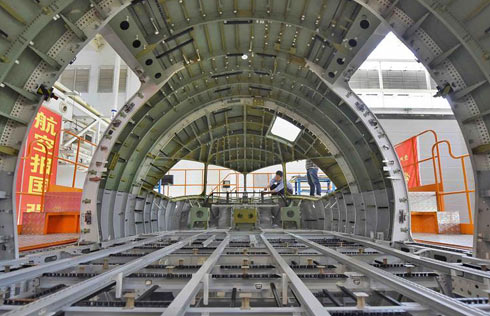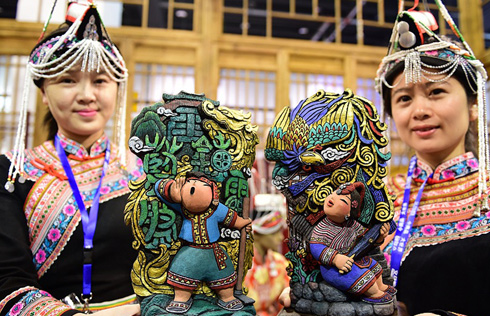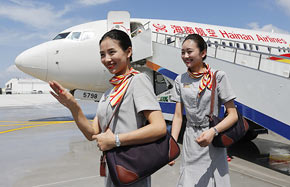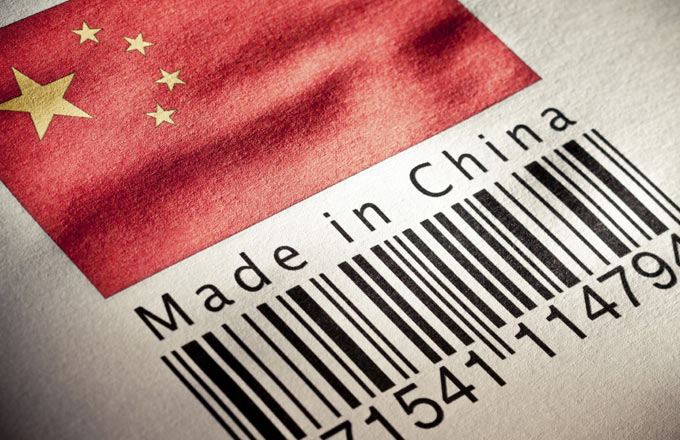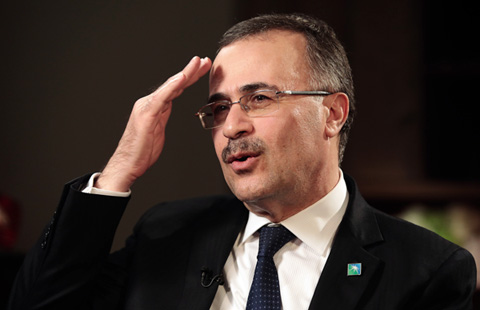Experts say global trends offer Africa opportunity to fast track development
KAMPALA — Experts attending a business forum in Uganda have urged African states to take advantage of the global business trend to fast track their development.
Pan Li, co-chair of Technical Advisory Board, Made in Africa Initiative told the one-day China-Uganda business meeting on Friday that the quota and tariff free market access to Europe, United States and China, and the Belt and Road Initiative proposed by China offer Africa massive opportunities.
Made in Africa Initiative aims at Africa's industrialization drawing from China's experiences and other emerging economies.
Under the American Growth Opportunity Act, African countries can export their products to the United States tariff and quota free.
Similarly, under European Union's Everything but Arms initiative, African countries can export their products to the European Union duty-free and quota-free, with the exception of armaments.
China, under the Belt and Road Initiative, will link Asia, Africa and Europe. The initiative envisions a trade and infrastructure network connecting Asia with Europe and Africa. Pan argues that this again offers opportunities for Africa.
The Forum on China-Africa Cooperation (FOCAC) is another initiative that positions Africa to benefit from its cooperation with China, the world's second largest economic power house.
Under the FOCAC framework, Chinese President Xi Jinping in late 2015 while attending a FOCAC meeting in South Africa announced 10 strategic areas to boost cooperation with Africa within three years.
The areas included industrialization, agricultural modernization, infrastructure, financial services, green development, trade and investment facilitation, poverty reduction and public welfare, public health, people-to-people exchanges, and peace and security.
To ensure smooth implementation of the outcomes, Xi announced, China will offer $60 billion of funding support.
In-house organization
The experts argue that in order for African states to benefit from all these initiatives, they need to position themselves strategically.
They argued that Africa needs to take advantage of the massive Chinese investment in the continent's transport and energy infrastructure to stimulate production.
"We have to blend these investments with China beyond infrastructure to look at the actual production, skills development so that at some point we have equilateral trade," Fred Muhumuza, an economic expert said.
The experts argue that top on agenda should be industrialization. The industrialization should be driven by comparative advantage each country has over the other.
Pan said that in order to achieve industrialization, each country may set up different industrial parks each specializing in a unique sector.
In the industrial parks, governments need to provide the necessary infrastructure and a one stop center where investors can go to access any information regarding policies on investment.
He said that governments need to provide several incentives to attract investors to set up factories in the industrial parks.
He added that in this way, the countries would have stimulated massive production and increased exports to the quota and tariff free markets and thus earning the country huge foreign exchange.
African countries like Ethiopia have adopted this industrialization model.
Jolly Kamugira, executive director of Uganda Investment Authority, a state run investment agency said learning from China and Ethiopia, Uganda is adopting the industrial park model.
She said over the next five years, Uganda plans to build over 22 industrial parks spread all over the country.
Emely Kugonza, Chairperson of the UIA Board argued that since the industrialization policy through industrial parks is already in place, China and Uganda should start negotiations with the view of benefiting from the $60 billion funding supporting China pledged to boost cooperation with Africa.




